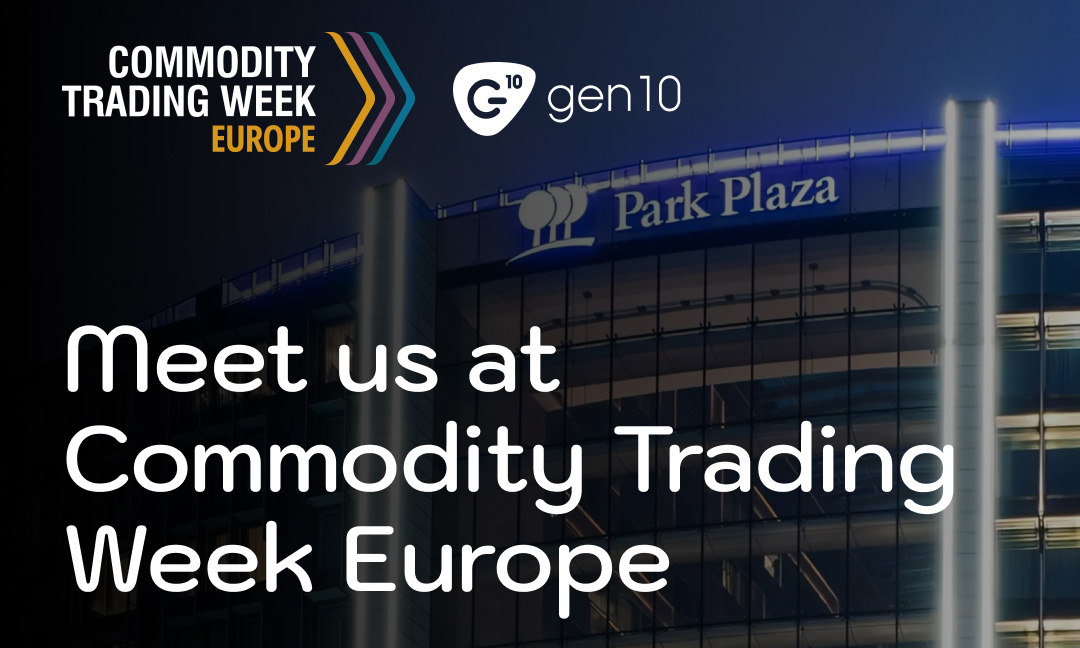As with many commodities, petrochemicals are facing price uncertainty and ongoing changes to demand following the Covid-19 pandemic. The wide range of products within the petrochemical space makes it difficult to generalise market trends and means that businesses within these supply chains need to be aware of the situation for all their products – and need the ability to adapt quickly to changes in different regions, demand patterns and more.
Market uncertainty
Petrochemical fundamentals
The pandemic impacted many of the factors that influence petrochemical demand and pricing, from oil prices and refinery output to shutdowns in the various industries that rely on these chemical products. For example, demand for polyethylene and polypropylene in the developing world is expected to grow 90% from 2020 to 2030, compared to 18% growth in the developed world. But these countries are some of the hardest hit by ongoing lockdowns that reduce consumer demand and delay infrastructure projects, meaning that we cannot make assumptions of steady growth yet.
Production patterns are also causing a shift in both prices and trade flows, particularly with large capacity growth in Asia, and a benzene supply deficit in the US earlier this year, which is now normalising and leading to uncertainty about pricing for the rest of 2021. And margins are affecting production in other areas, with aromatics production low due to low margins. In response to this uncertainty, cargoes are increasingly being moved on an opportunistic basis instead of according to ongoing contracts, allowing traders to react faster to changes in price spreads.
Freight rates
Another source of volatility impacting on cargoes is in freight pricing. Not only are there ongoing lockdowns in several areas, freight prices remain very high, with routes from Shanghai to Rotterdam up 596% on the previous year at one point, and many other routes seeing price increases too. These prices are pushing up the cost of commodities and raw materials, and mean that even where there is oversupply, it can remain trapped in the region, as we are seeing with polypropylene in Asia.
All of these uncertainties introduce more complexity into the already intricate field of commodity management, and mean that the best opportunities are open to the traders and organisations who are best able to manage complexity.
Making the complex simple
Complexity is an important part of any commodity organisation. A commodity management system that can help manage this complexity and change as your product mix and strategies evolve is needed. If your organisation is struggling to stay on top of positions, pricing and external market factors, it may be time to consider whether your commodity management system is doing enough to help you manage complexity.
Gen10’s CommOS is designed with complete flexibility in mind, meaning that you can set it up according to your organisation’s own processes, pivot strategies effectively, and make the complex simple, now and in future.
Pricing
A good commodity management system allows you to generate contracts, complete with any pricing your team wish to use, and use this pricing data for valuations in invoicing, MTM and P&L. To generate this pricing according to the way your business actually operates, the commodity management system needs to incorporate multiple exchanges and allow traders to create pricing structures based on whatever combination they determine for a single contract, even incorporating exchanges in multiple currencies if needed. This is particularly relevant given the current challenges in shipping, as freight rates mean you may be managing more regional complexity than usual or need to factor in increased costs and risks if shipping globally.
CommOS takes this multiple exchange approach even further; as well as selecting which exchange data to use and its percentage weighting for the contract, you can add multiplication factors and/or additional premiums on top of each exchange value. And because CommOS calculates your pricing documents in real-time, you can conduct fast and simple what-if analysis to create the most effective pricing strategy.
Market volatility means that your MTM needs to be as complex as your pricing. With CommOS, you have the option to mark a contract to market based on one exchange, or can add the same detail and complexity as the contract contains so you have a completely accurate understanding of your valuations at all times and can make the best decisions as the complex data is easily accessible and simply displayed.
Quantity conversions also introduce more complexity into the equation. For example, some petrochemicals need to be managed in both metric tons and gallons, with contracts, invoices and shipping documents all created in different units. To avoid the risk of errors and time-consuming manual calculations and checks, it’s important to use a commodity management system like CommOS that can automatically convert between wet and dry weights, units of measure, and weight/volume conversions. By managing all of these calculations automatically, your people are free to manage each part of the process in the appropriate units, with the complexity of conversion removed.
Shipping and documents
As mentioned above, quantities are automatically converted in a modern commodity management system like CommOS, which makes managing shipping and creating shipping documents simple. If your team need to create a contract in tonnes, shipping documents in gallons, and invoices in tonnes, these conversions are all managed automatically within the system.
The same commodity management system can be used by the entire team across every stage from the front office, through logistics, to settlement, so every individual involved with the contract has access to the data they need instantly. And there is no risk of conversion errors due to copying errors or people using out of date information for their calculations. And because shipping documents are created in the system that also manages the contract and logistics, your people can be assured that the documents they auto-create are based on accurate, real-time information.
Creating invoices and other documents in the commodity management system is much faster as the process is automated, and means that there is a better potential for profitability. Efficient invoicing can help your organisation ensure a faster asset turnover and make better use of credit lines, especially if your commodity management system is integrated with your ERP so that payments received are automatically updated in both systems.
Invoices often need to display different information depending on your clients, so once again, a system that reduces complexity needs to have extensive flexibility. For example, with CommOS you can show or hide information in each document section, change columns and add text and formatting.
And document templates add structure to the process. Simply create the template, name it, and share it with colleagues if necessary. Templates ensure quick and easy conformity, reduce errors and mean your team can create an invoice or shipping document with one click, but they still have the option to add or change anything they need to whenever the situation requires it. Templates allow your team to manage complexity and maintain flexibility whilst reducing the operational risk of errors, missing and incorrect documents.
Flexibility for unique organisations
To effectively manage complexity and work with every organisation’s unique operational procedures, a commodity management system needs to be inherently flexible. Configurability and flexibility is even more important in the complex world of petrochemicals where organisations manage many diverse products.
Petrochemicals are facing a great deal of uncertainty at the moment, and need to be both efficient and agile to seize the opportunities this uncertainty creates. And in the current volatile environment, need to manage every aspect of each commodity to their advantage. They therefore need technology that improves this efficiency and creates clear insights from complexity, with the agility to continue to support them as things change.
At Gen10, flexibility is at the heart of what we do. We give people the tools to do their jobs faster and more creatively, with the data to make the best decisions, whilst automation takes care of the complexity and operational risk.



